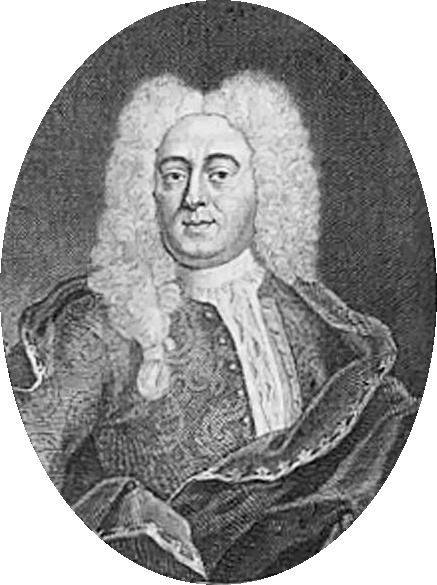
Heineccius argues that no man should be deprived of anything which he has received by nature, or has justly acquired (1738)
Found in: A Methodical System of Universal Law: Or, the Laws of Nature and Nations
The 18th century German jurist Johann Gottlieb Heineccius (1681–1741) argues that because all “men” are by nature equal we should treat others as equally human and refrain from causing them any injury to the things they have have by nature or have acquired justly:
Natural Rights
SECTION CLXXVII. First of all, it ought to be laid down as a maxim, that men are by nature equal, being composed of the same essential parts; and because tho’ one man may share perfections, as it were by his good lot, above others, yet different degrees of perfection do not alter the essence of man, but all men are equally men: whence it follows, that every one ought to treat every other as equally a man with himself, and not to arrogate to himself any privilege in things belonging to many by perfect right, without a just cause; and therefore not to do to any other what he would not have done to himself.
SECTION CLXXVIII. Since therefore we ought not to do to any one what we would not have done to ourselves; but none of us would like to be deprived by any other of our perfection and happiness which we have by nature, or have justly acquired; i.e. to be injured or hurt…